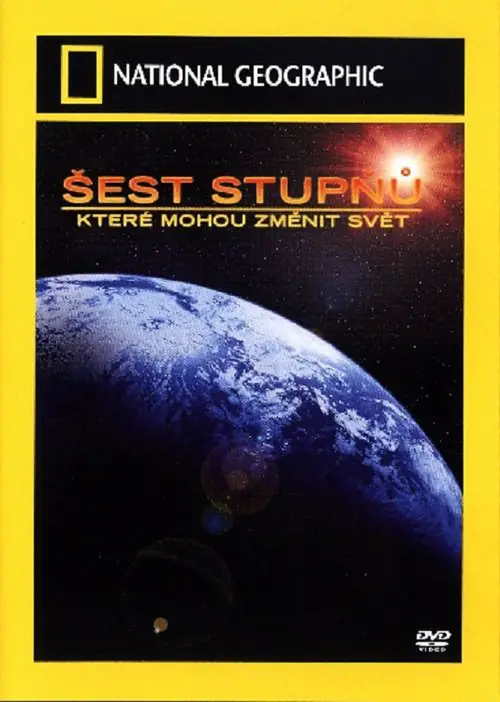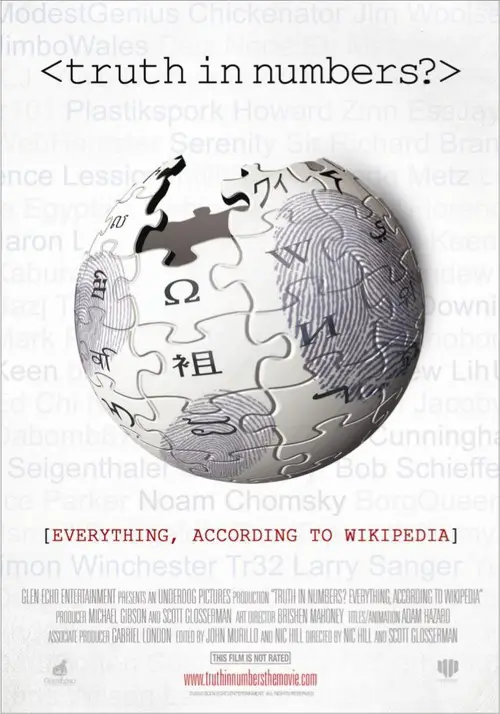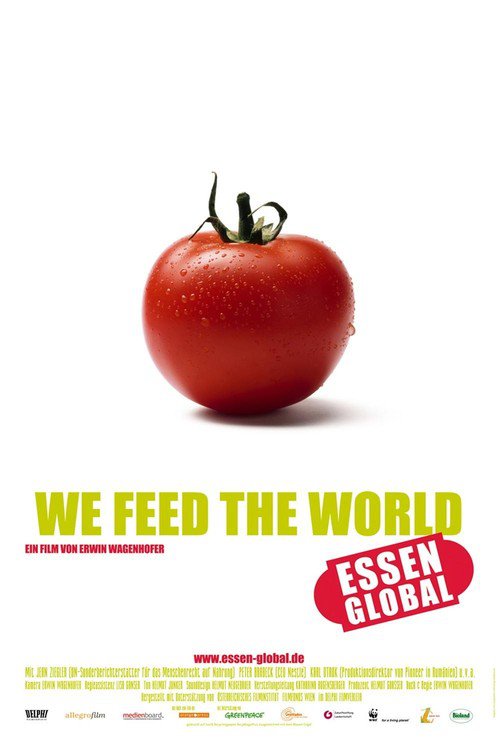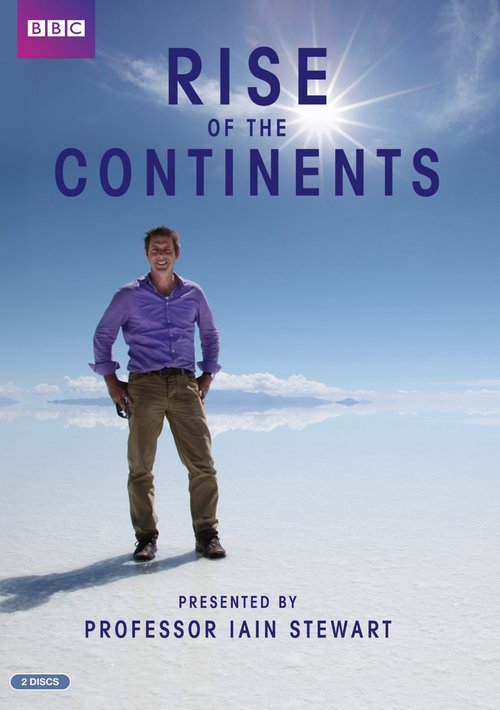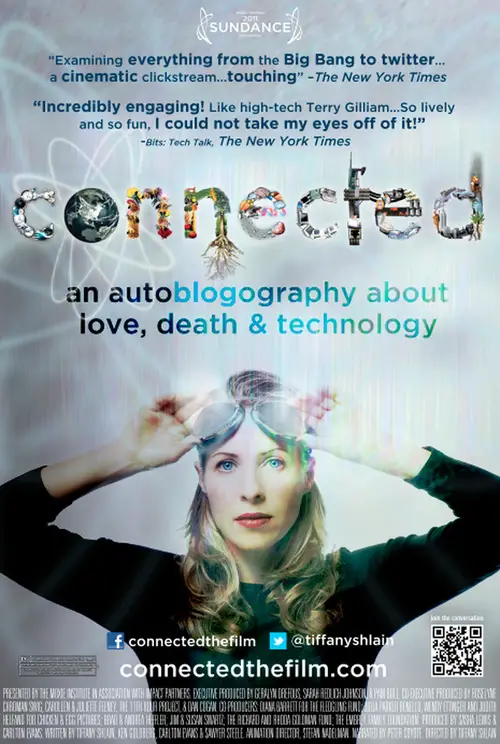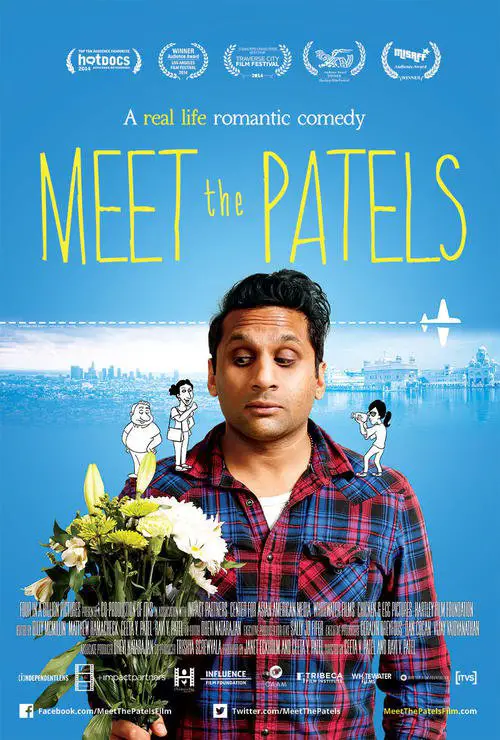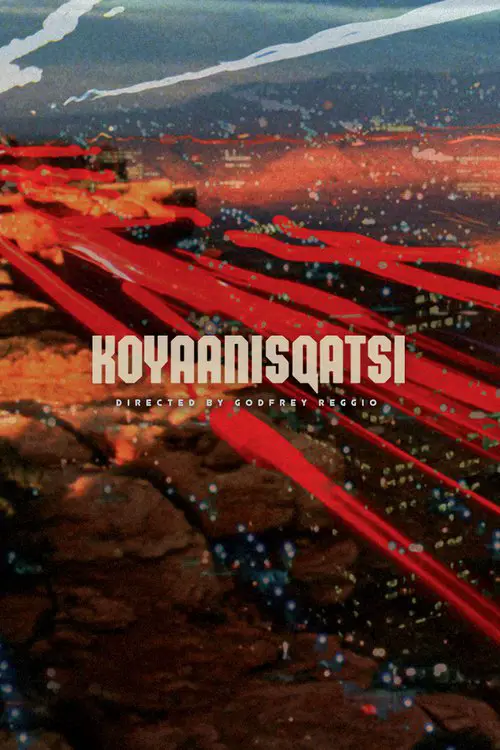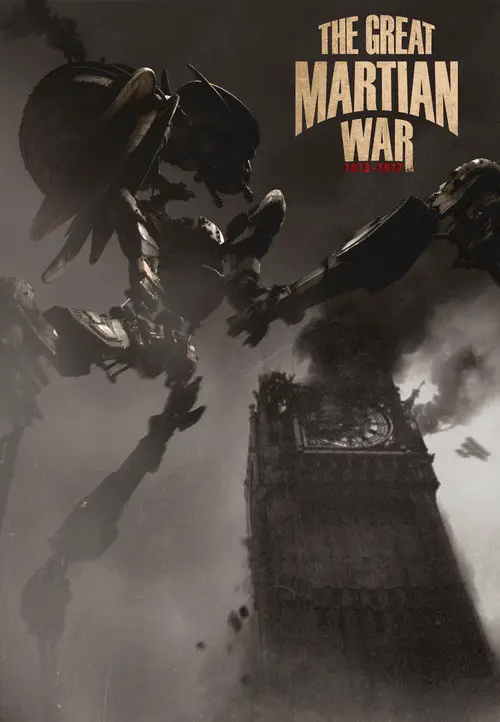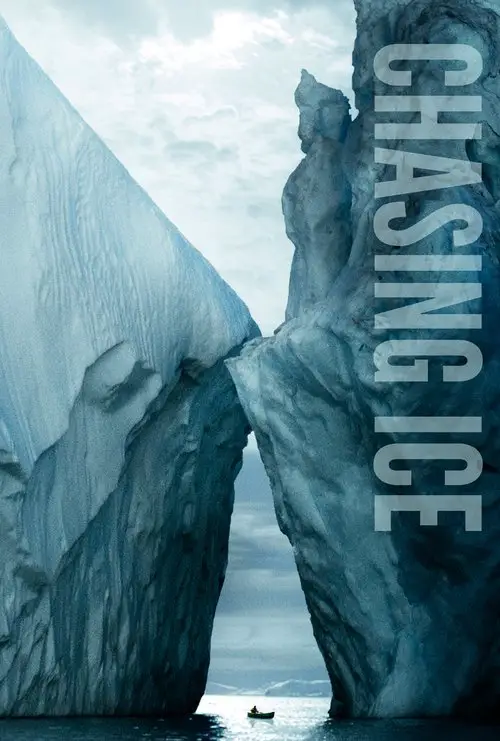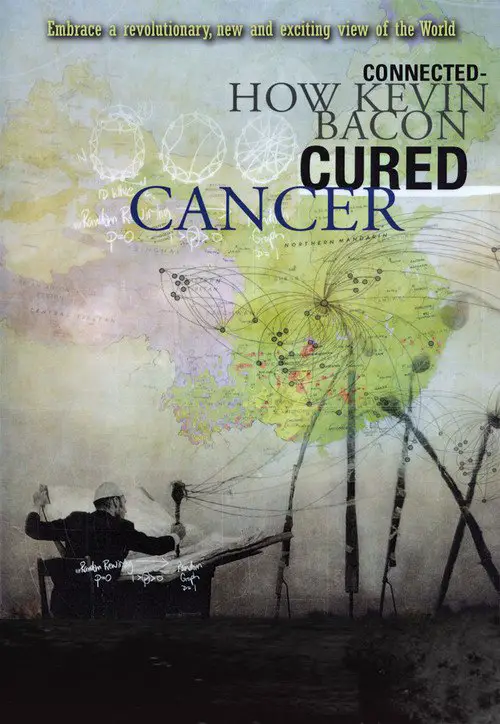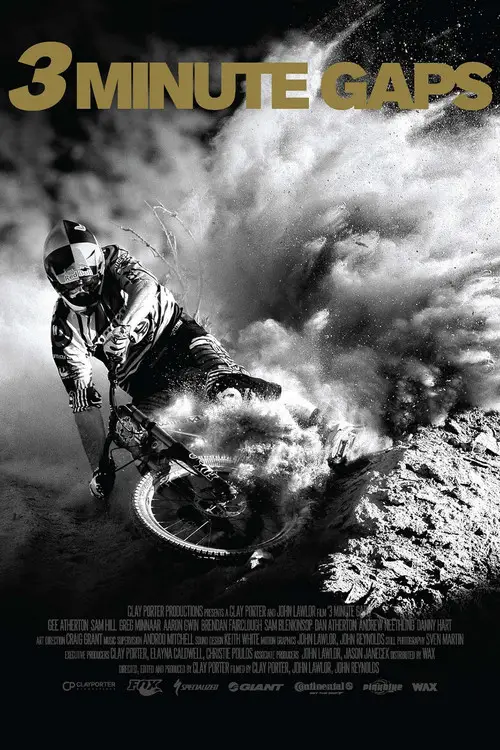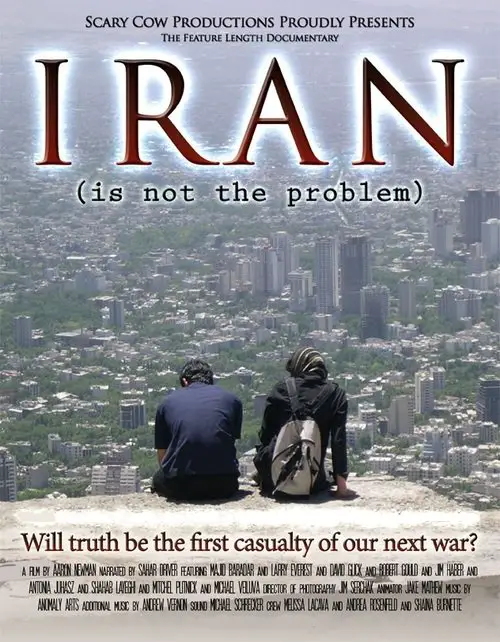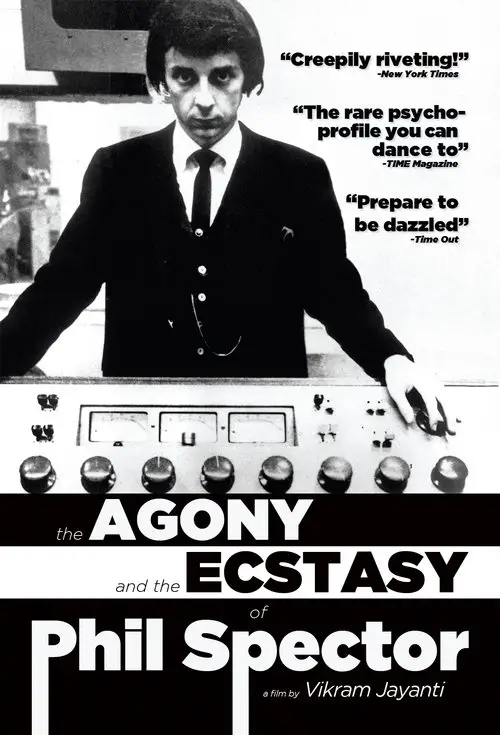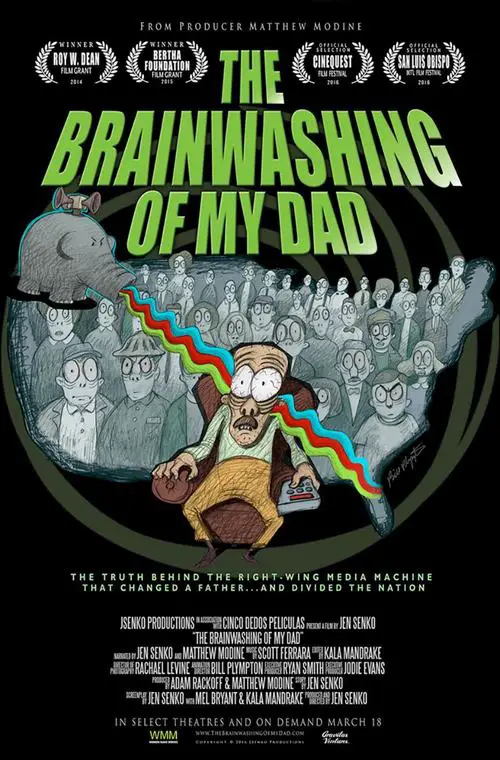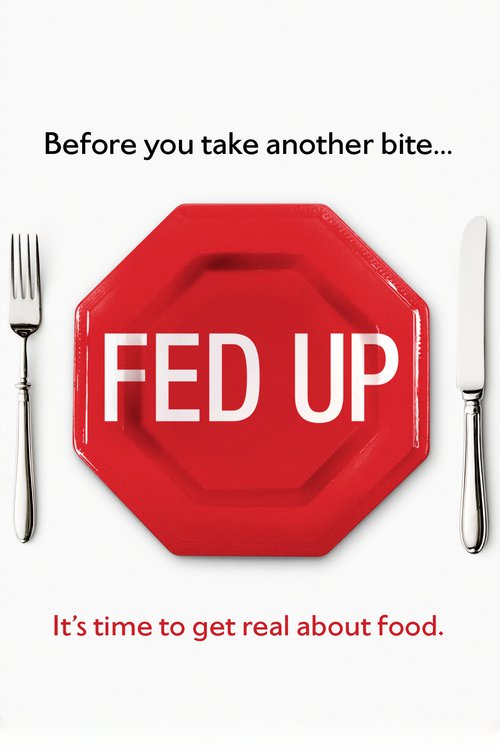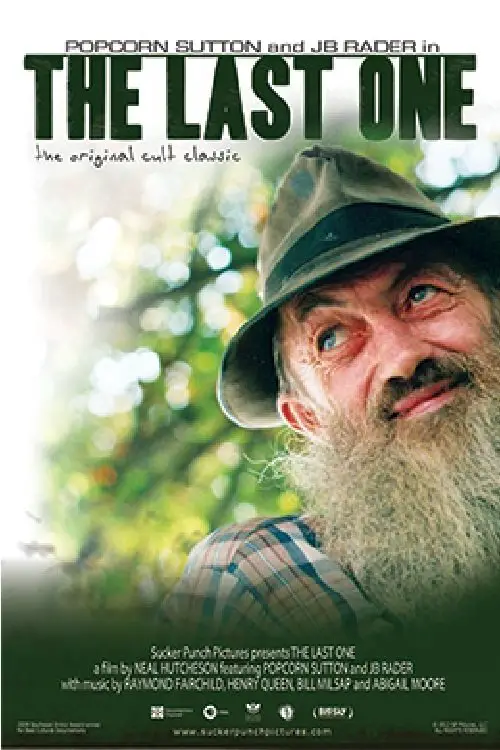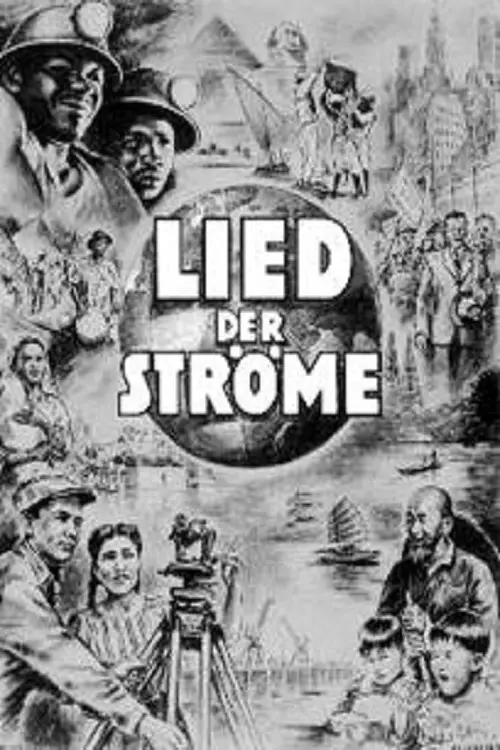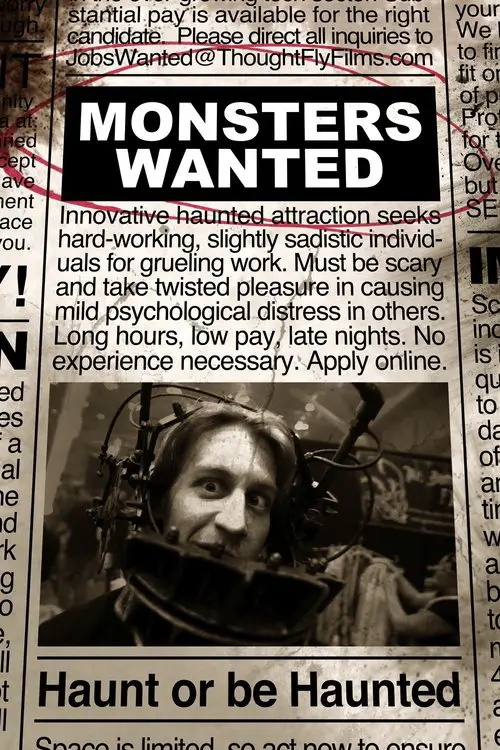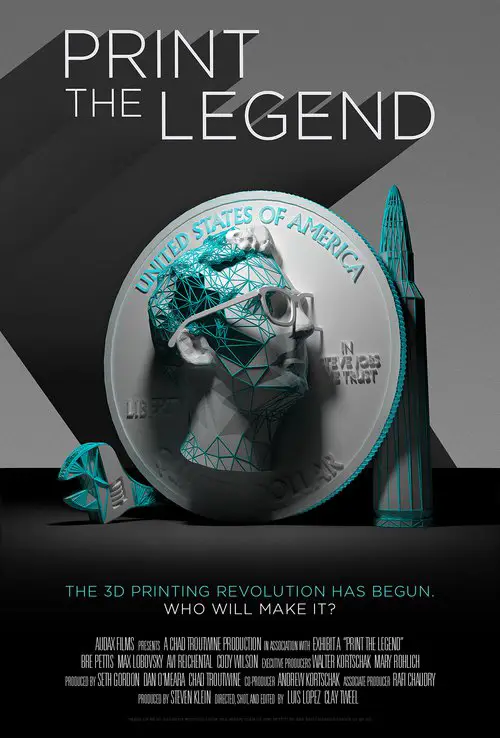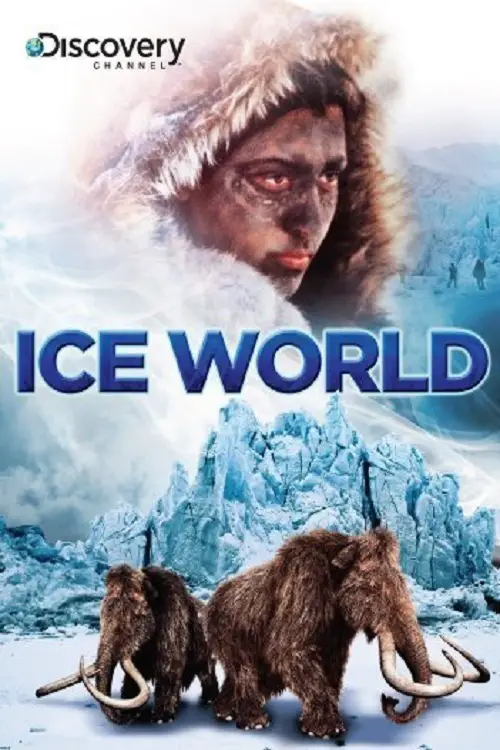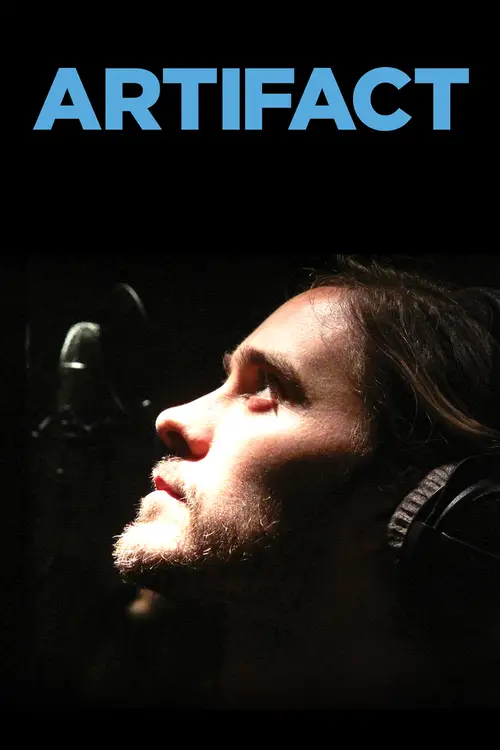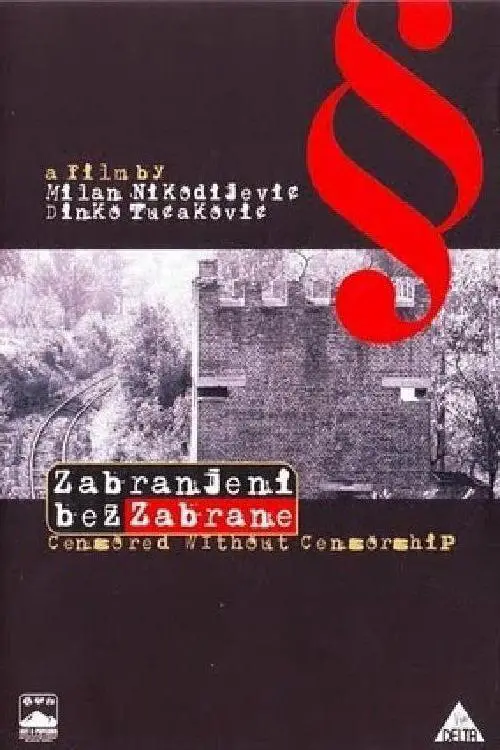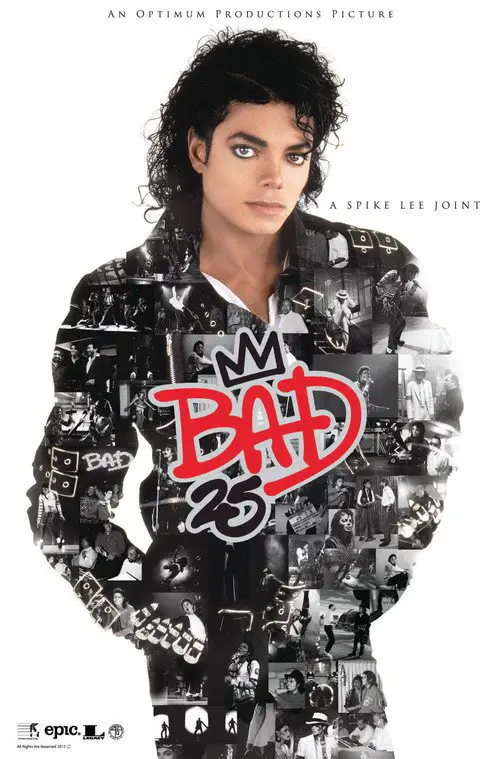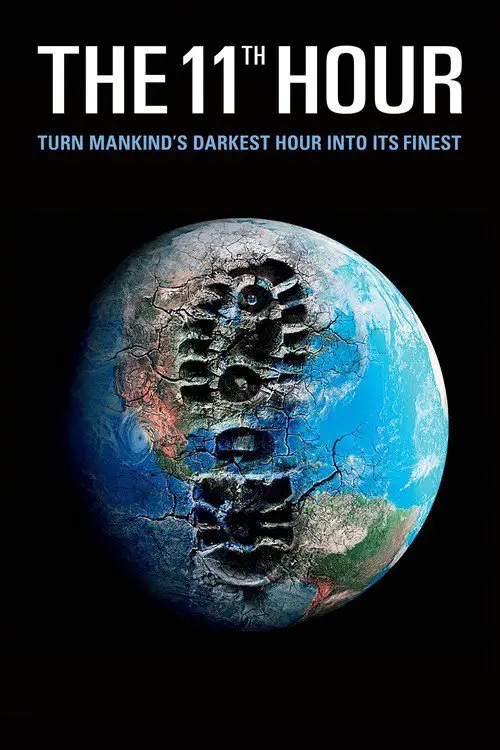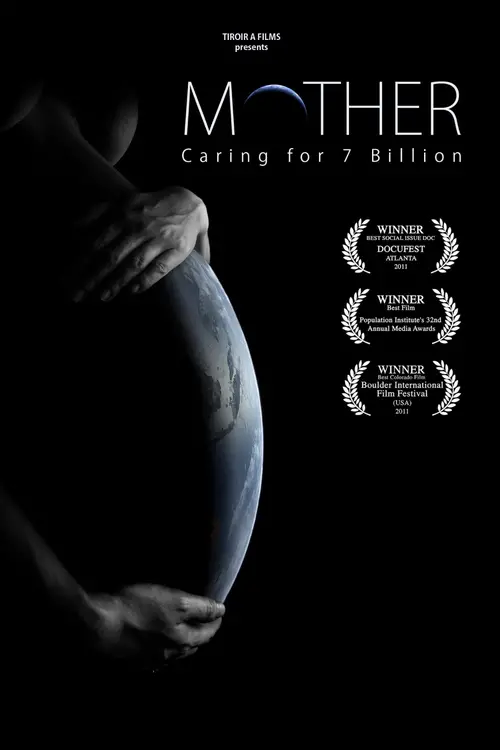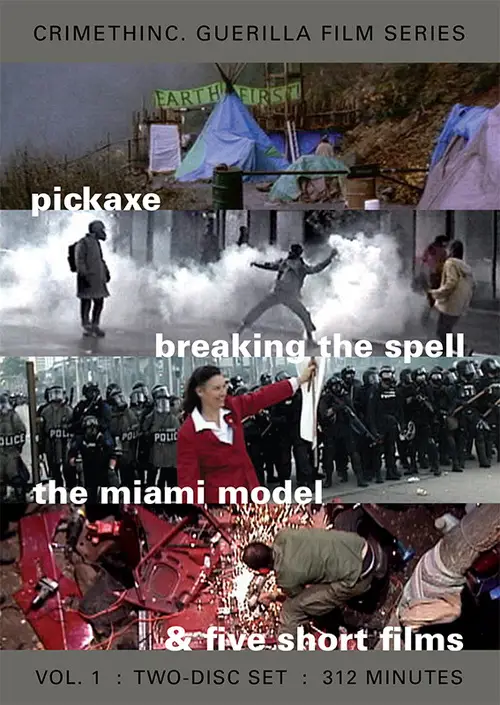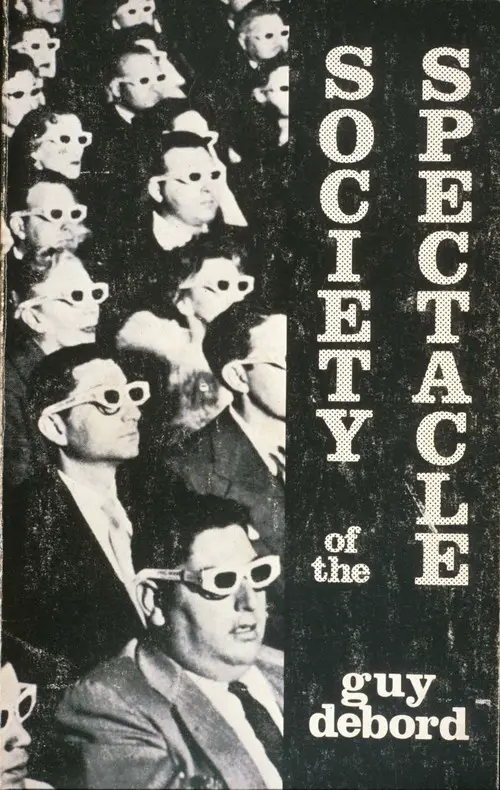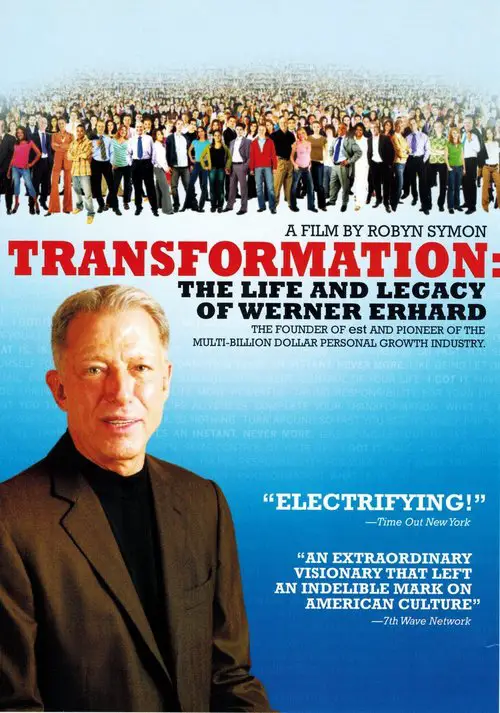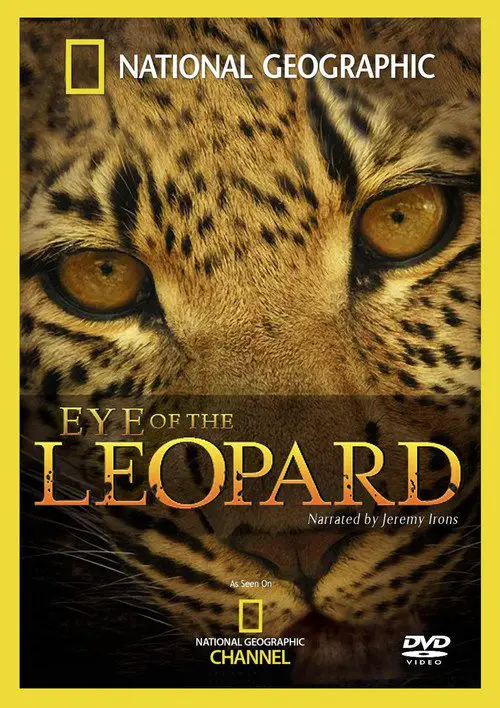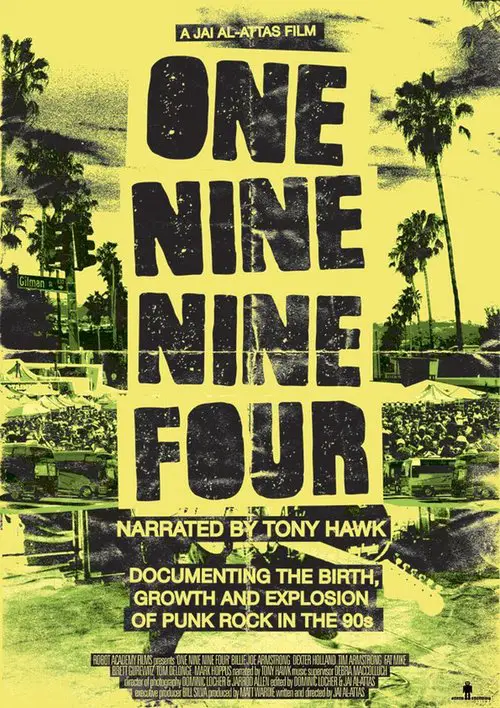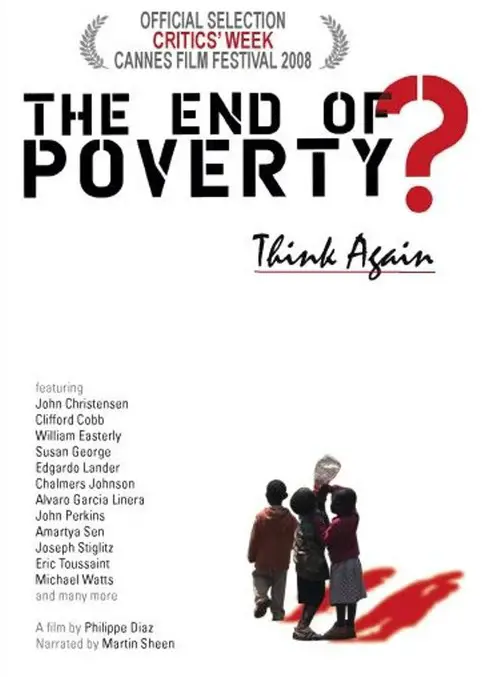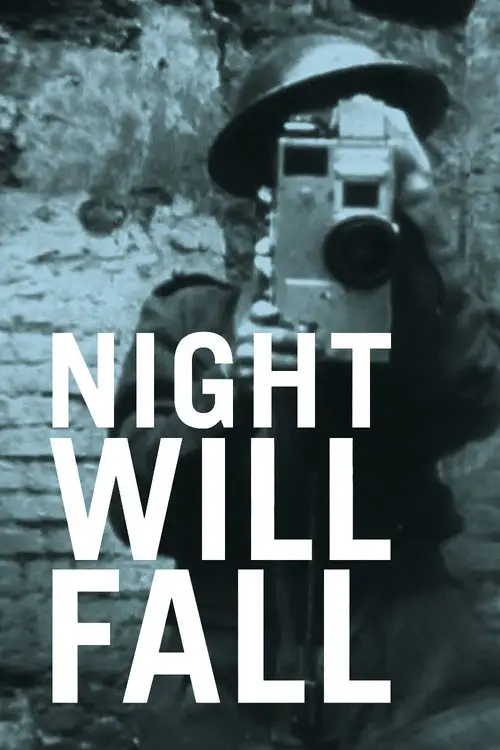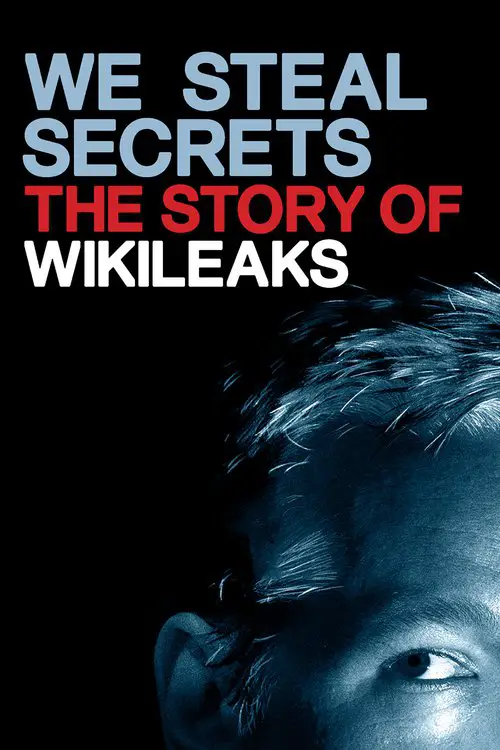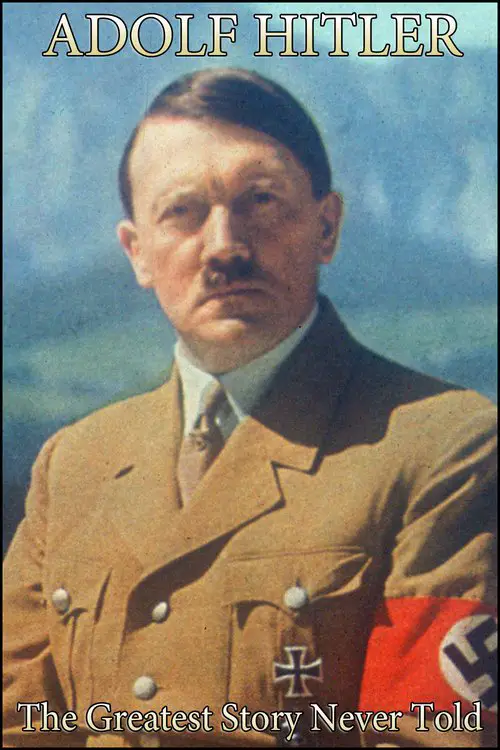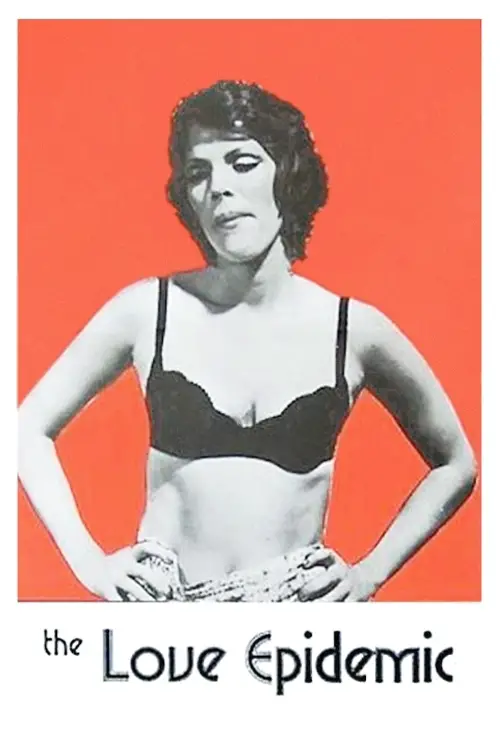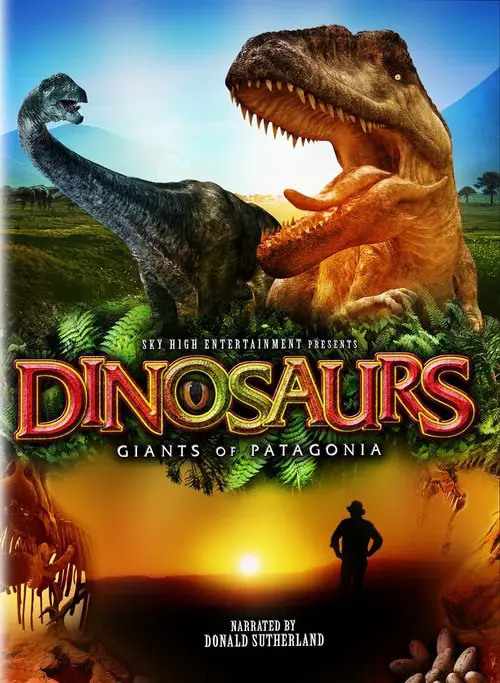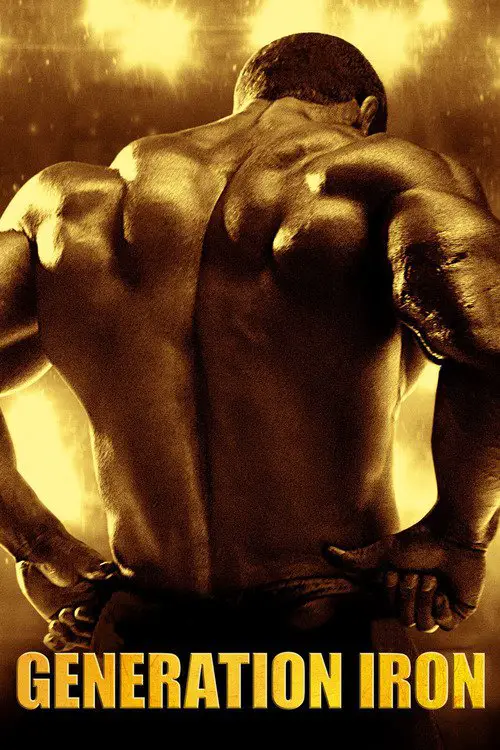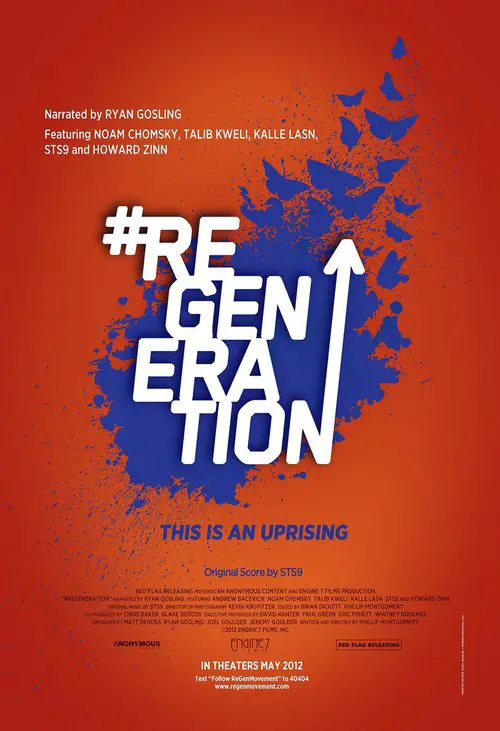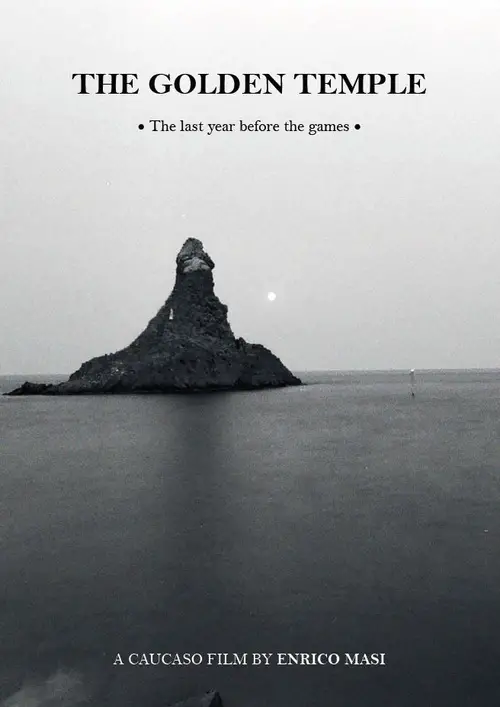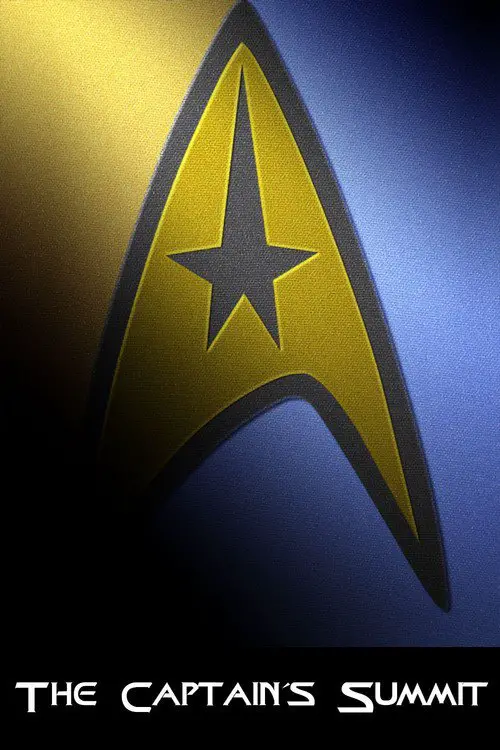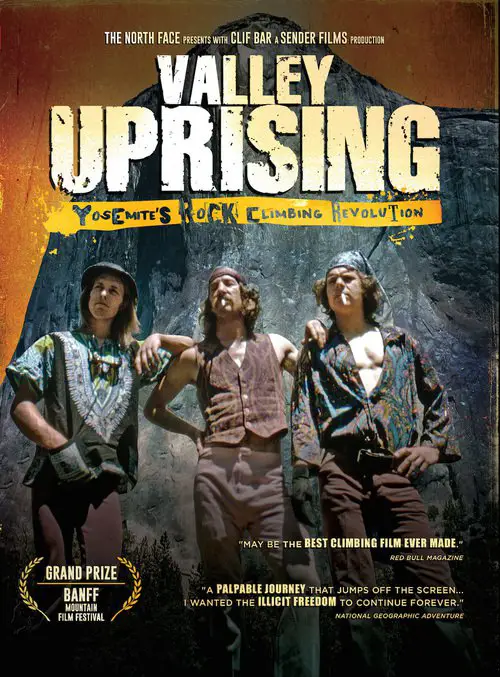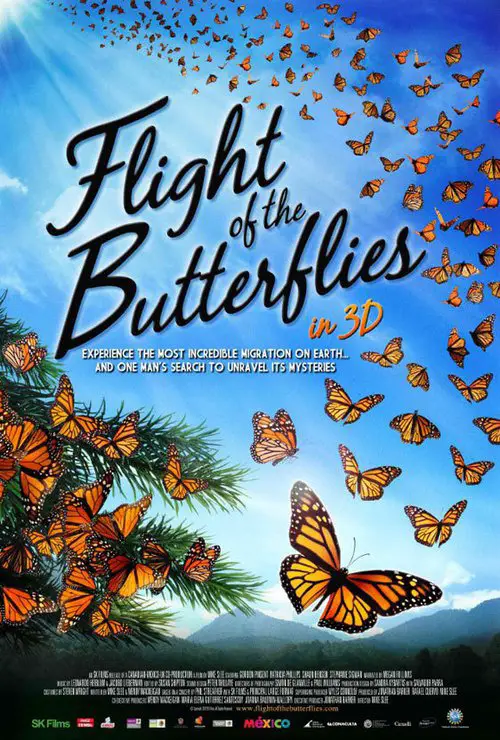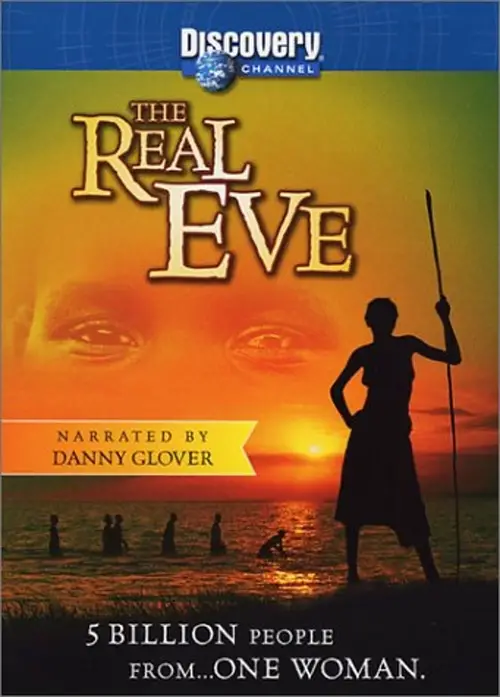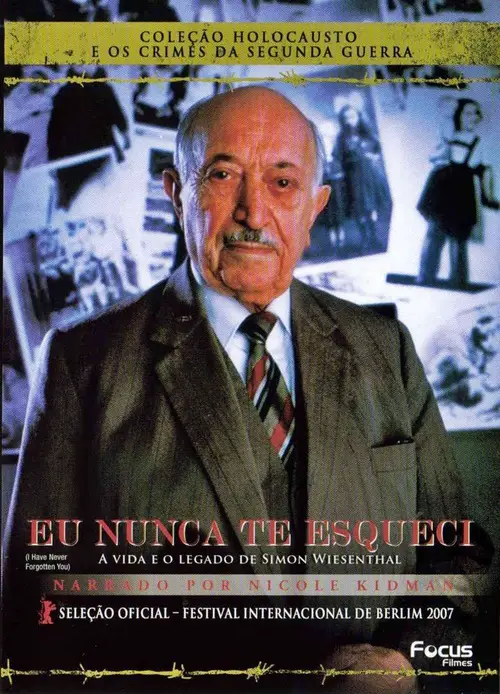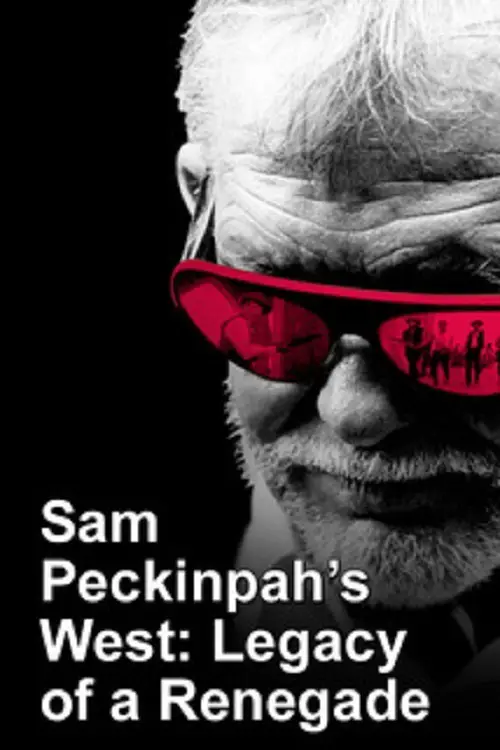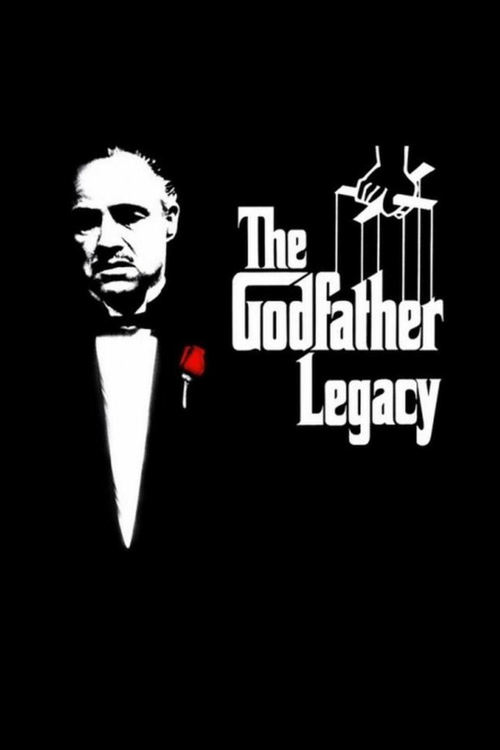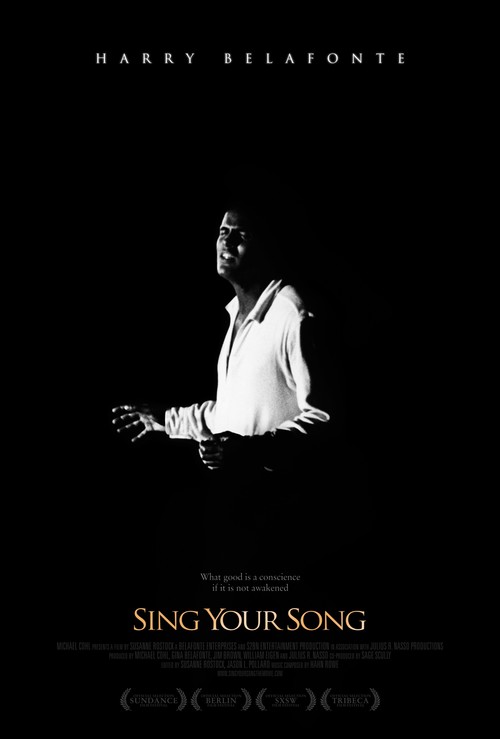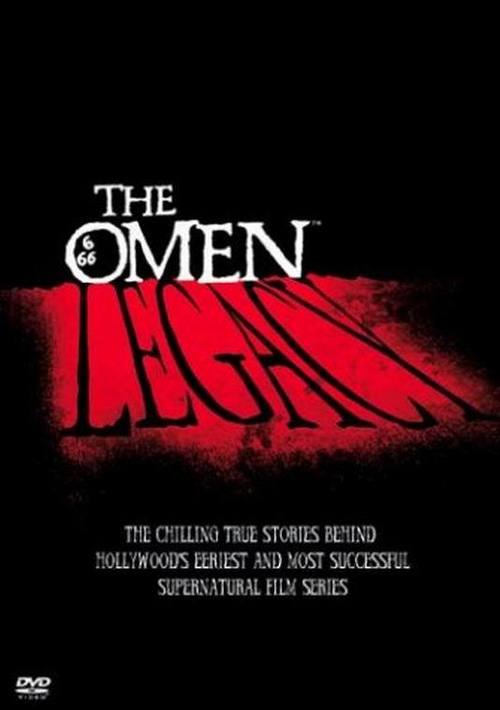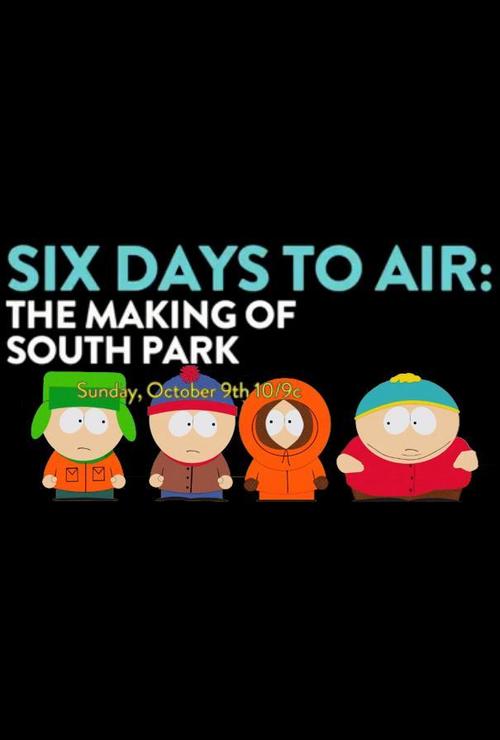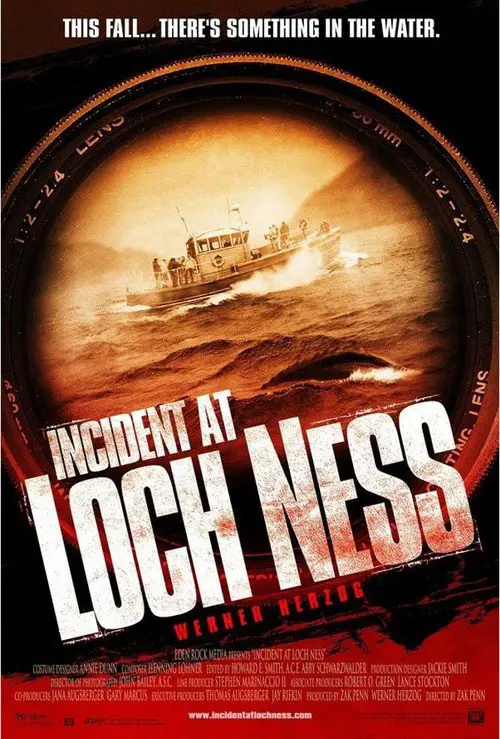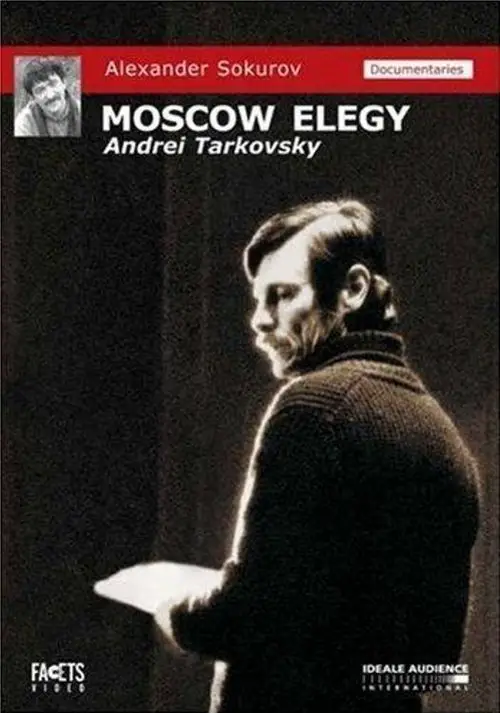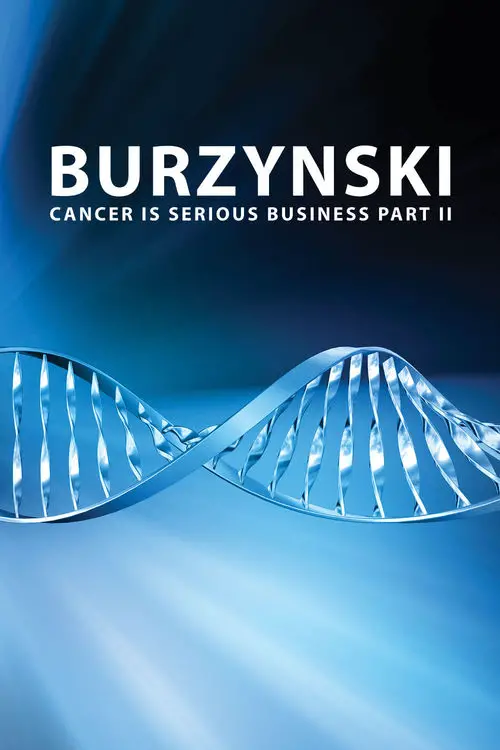The Great Warming (2006)
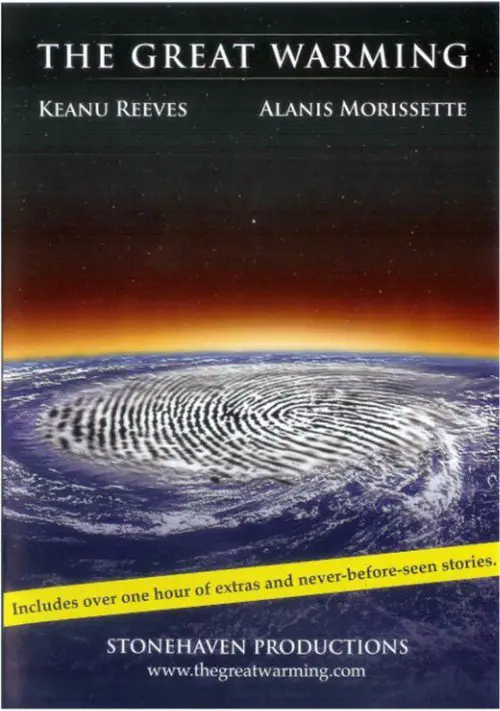
Similar movies
Although Wikipedia is the 8th most popular website on the Internet today, and it is already the 3rd most widely read 'publication' in human history, attracting 100 million unique visitors a month, this great social and academic experiment of our age is riddled with vandals and challenged by skeptics, posing compelling questions about whether Wikipedia's model can truly achieve its goal. The film intersperses founder Jimmy Wales' unusual rise to Internet super-stardom among the global implications of Wikipedia. Are entries factually accurate? Biased? Accountable? Does 'Jimbo' Wales posses the wisdom to ensure that Wikipedians aggregate knowledge correctly?
Ep1 - Africa Africa is the cradle of humanity, it is land born from violent, cataclysmic events. Ep2 - Eurasia Europe and Asia; geologically they are part of the same vast landmass, Eurasia. Shaped by a series of collisions, mountain ranges have been pushed up, valleys created and a once great ocean has come and gone. Ep3 - The Americas From the bedrock the Empire State Building is built on, to the Spanish empires in South America, the two land masses of North and South America are linked by geology and history. Ep4 - Australia Australia was once part of a super-continent and its deserts were covered in forests. Once joined to Antarctica, it split off and moved northwards into warmer climes, whilst Antarctica became an icy wasteland.
Tiffany Shlain's documentary, Connected, explores the visible and invisible connections linking major issues of our time-the environment, consumption, population growth, technology, human rights, the global economy-while searching for her place in the world during a transformative time in her life. Employing a combination of animation and archival footage, Shlain constructs a chronological tour of Western modernization through the work of her late father, Leonard Shlain, a surgeon and best-selling author. Connected illuminates the beauty and tragedy of human endeavor while championing the importance of personal connectedness for understanding and coping with today's global conditions.
Finding love is never easy. For Ravi Patel, a first generation Indian-American, the odds are slim. His ideal bride is beautiful, smart, funny, family-oriented, kind andâin keeping with traditionâIndian (though hopefully raised in the US). Oh, and her last name should be Patel because in India, Patels usually marry other Patels. And so at 30, Ravi decides to break up with his American girlfriend (the one who by all accounts is perfect for him except for her red hair and American name) and embark on a worldwide search for another Patel longing to be loved. He enlists the help of his matchmaker mother, attends a convention of Patels living in the US and travels to wedding season in India. Witty, honest and heartfelt, this comedy explores the questions with which we all struggle: What is love? What is happiness? And how in the world do we go about finding them?
Documentary-drama recounting the Martian War of 1913 - 1917. Europe was on tenterhooks in the 2nd decade of the 20th century, everyone was expecting a Great War between the major European powers. But then, in 1913, something crashed into the forests of SW Germany. Troops were sent to investigate but were wiped out. Martian fighting machines began making their way across Western Europe and the countries of Europe combined forces to resist them. With aspects taken from "The War of the Worlds" by H.G. Wells and from WWI itself, this dramatisation presents a documentary style look at events as they unfolded and the effect they had of our world today. Lots of references to real events including the mass attacks and defeats as men were thrown against machines on the Western front, the Christmas truce and the Angel of Mons, America's isolationism and late entry into the conflict, the worldwide "Spanish" flu epidemic that killed more people than the war, and many other things.
When National Geographic photographer James Balog asked, âHow can one take a picture of climate change?â his attention was immediately drawn to ice. Soon he was asked to do a cover story on glaciers that became the most popular and well-read piece in the magazine during the last five years. But for Balog, that story marked the beginning of a much larger and longer-term project that would reach epic proportions.
For two years the crew of 3 MINUTE GAPS have followed the world's best mountain bike racers around the globe documenting them as they trained, prepared, rode, ate, traveled, raced, celebrated, commiserated, and made sacrifices simply because of the weight of ambition to be the fastest. There is no truer, more accurate and intimate depiction of the hallowed worlds of the very best World Cup rider's than 3 MINUTE GAPS.
A response to the failure of the American mass media to provide the public with relevant and accurate information about the standoff between the US and Iran, as happened before with the lead up to the invasion of Iraq. We have heard that Iran is a nuclear menace in defiance of the international community, bent on "wiping Israel off the map", supporting terrorism, and unwilling to negotiate. This documentary disputes these claims as they are presented to us and puts them in the context of present and historical US imperialism and hypocrisy with respect to Iran. It looks at the struggle for democracy inside Iran, the consequences of the current escalation and the potential US and/or Israeli attack, and suggests some alternatives to consider.
Phil Spector is a pioneer of American music, a legendary producer to John Lennon and Tina Turner, and, as of April 13th 2009, a convicted murderer. Yet the Spector who appears in Vikram Jayanti's documentary is not the severe, outlandishly coiffed defendant seen in sensationalistic accounts of his trial, but a charming, savvy music executive with a generous, but arguably accurate, estimation of his place in the history of popular music.
As filmmaker Jen Senko tries to understand the transformation of her father from a non political, life-long Democrat to an angry, Right-Wing fanatic, she uncovers the forces behind the media that changed him completely: a plan by Roger Ailes under Nixon for a media takeover by the GOP, The Powell Memo urging business leaders to influence institutions of public opinion, especially the universities, the media and the courts, and under Reagan, the dismantling of the Fairness Doctrine. This documentary will shine a light on how it happened (and is still happening) and lead to questions about who owns the airwaves, what rights we have as listeners/watchers and what responsibility does our government have to keep the airwaves truly fair, accurate and accountable to the truth.
Deep in the wilds of Southern Appalachia, lifelong moonshiner Popcorn Sutton runs 1 last batch of accurate moonshine whiskey. By means of the exhausting work of clearing the site, building a rock and clay furnace, brewing corn mash and producing high-proof moonshine, Sutton reveals the craft of standard distillation, the character of his Scots-Irish ancestors, and a lifetime of memories in the trade.
King Corn is a fun and crusading journey into the digestive tract of our fast food nation where one ultra-industrial, pesticide-laden, heavily-subsidized commodity dominates the food pyramid from top to bottom â corn. Fueled by curiosity and a dash of naiveté, two college buddies return to their ancestral home of Greene, Iowa to figure out how a modest kernel conquered America. With the help of some real farmers, oodles of fertilizer and government aide, and some genetically modified seeds, the friends manage to grow one acre of corn. Along the way, they unlock the hilarious absurdities and scary but hidden truths about Americaâs modern food system in this engrossing and eye-opening documentary.
The Song of the Rivers, or Das Lied der Ströme, is a 1954 documentary production by the East Germany's Deutsche Film-Aktiengesellschaft (DEFA). Dutch filmmaker Joris Ivens was the leading director. The sprawling film celebrates international workers movements along six major rivers: the Volga, Mississippi, Ganges, Nile, Amazon and the Yangtze. Shot in many countries by different film crews, and later edited by Ivens, Song of the Rivers begins with a lyrical montage of landscapes and laborers and proceeds to glorify labor and modern industrial machinery. The musical score is by Dmitri Shostakovich, with lyrics written by Berthold Brecht, and songs performed by German communism's star Ernst Busch and famous American actor, singer and activist Paul Robeson who also narrates. Song of the Rivers is an ode to international solidarity.
In early 2011, Rich Teachout quit his lucrative job to focus on creating a one-of-a-kind haunted attraction. He and his partner Janel dedicated every moment, ounce of energy, and dollar to making their âScream Parkâ a reality. âMonsters Wantedâ is the story of their self-proclaimed madness and the industry, culture, and people who share it. We followed Rich and Janelâs efforts from the first day of building beyond the last day of the season. The result is a one-of-a-kind peek into an industry known for its macabre antics and well guarded secrets.
Ice World is a Discovery Channel documentary concerning three people living 24,000 years ago in England during the last ice age. They live very much like plains Indians, with tee pees, buckskin clothing and long hair. Aki and Mora are a couple with a child on the way. Brom is their tribal chief. As the ice cap advances they flee southeast towards warmer weather. At that time there was no English channel and they walked to France and over several months on to present day Czechoslovakia. This is a fictional account of how people might have coped back then. The scenes of our three twenty-somethings trying to find another tribe to join up with are intermingled with discussions by archaeologists lecturing about cave paintings and findings that correlate with the basic story.
Artifact is a 2012 American documentary film directed by Jared Leto under the pseudonym of Bartholomew Cubbins, a recurring character in the Dr. Seuss universe. The film is a documentary about the making of the 30 Seconds to Mars album This Is War and the band's battle against record label EMI. Included in Artifact are several interviews, including the one with neurophysicist Daniel Levitin, author of the popular science book This Is Your Brain On Music. The film won the BlackBerry People's Choice Documentary Award at the 2012 Toronto International Film Festival.
Through the conversation with Yugoslav film authors and excepts from their films, this documentary tells a story of a film phenomenon and censorship, and its focus is, in fact, a painful epoch of Yugoslav film called "Black Wave". The film tells a great «thriller» story of the ideological madness which characterized the totalitarian psychology.
Spike Lee pays tribute to Michael Jackson's Bad on the twenty-fifth anniversary of the epochal album, offering behind-the-scenes footage of Jackson recording the album and interviews with confidants, musicians, choreographers, and such music-world superstars as Kanye West, Sheryl Crow, Cee Lo Green and Mariah Carey.
A look at the state of the global environment including visionary and practical solutions for restoring the planet's ecosystems. Featuring ongoing dialogues of experts from all over the world, including former Soviet Prime Minister Mikhail Gorbachev, renowned scientist Stephen Hawking, former head of the CIA R. James Woolse
Mother, the film, breaks a 40-year taboo by bringing to light an issue that silently fuels our largest environmental, humanitarian and social crises - population growth. Since the 1960s the world population has nearly doubled, adding more than 3 billion people. At the same time, talking about population has become politically incorrect because of the sensitivity of the issues surrounding the topic- religion, economics, family planning and gender inequality. The film illustrates both the over consumption and the inequity side of the population issue by following Beth, a mother, a child-rights activist and the last sibling of a large American family of twelve, as she discovers the thorny complexities of the population dilemma and highlights a different path to solve it.
An eclectic mix of activists take a stand to protect an old growth forest from logging at Warner Creek in the Willamette National Forest of Oregon, blockading the logging road and repelling the State Police. Over months a community builds around the illegal blockade as it develops into the Cascadia Free State and similar actions spread across the region. Years after its release, Pickaxe has become a classic document of the potential for grassroots direct action to achieve victory against the forces of both government and big business. Lovingly crafted by the participants themselves, the film expertly presents every moment, from confrontation to celebration.
From two-time Emmy winner Robyn Symon comes an intriguing documentary which offers an intimate look at Werner Erhard, founder of the est program that sparked today's multi-billion dollar personal growth industry. In his first interview in more than a decade, Erhard gives a rare glimpse into the controversy surrounding his life and the est Training -- the program that has inspired millions of people all over the world.
One Nine Nine Four is a documentary film written and directed by Jai Al-Attas, "exploring the birth, growth and eventual tipping point of punk rock during the 90s" . The bulk of the film's content consists of band interviews and archive footage. The film is narrated by skateboarder Tony Hawk and features interviews and footage of various bands and figures in the punk scene including Billie Joe Armstrong of Green Day, Dexter Holland from The Offspring, Greg Graffin and Brett Gurewitz from Bad Religion, Tim Armstrong, Matt Freeman (previously of Operation Ivy) and Lars Fredriksen from Rancid, Fat Mike from NOFX as well as Mark Hoppus and Tom DeLonge from Blink-182 .
The End of Poverty? asks if the true causes of poverty today stem from a deliberate orchestration since colonial times which has evolved into our modern system whereby wealthy nations exploit the poor. People living and fighting against poverty answer condemning colonialism and its consequences; land grab, exploitation of natural resources, debt, free markets, demand for corporate profits and the evolution of an economic system in in which 25% of the world's population consumes 85% of its wealth. Featuring Nobel Prize winner Amartya Sen and Joseph Stiglitz, authors/activist Susan George, Eric Toussaint, Bolivian Vice President Alvaro Garcia Linera and more.
When Allied forces liberated the Nazi concentration camps in 1944-45, their terrible discoveries were recorded by army and newsreel cameramen, revealing for the first time the full horror of what had happened. Making use of British, Soviet and American footage, the Ministry of Informationâs Sidney Bernstein (later founder of Granada Television) aimed to create a documentary that would provide lasting, undeniable evidence of the Nazisâ unspeakable crimes. He commissioned a wealth of British talent, including editor Stewart McAllister, writer and future cabinet minister Richard Crossman â and, as treatment advisor, his friend Alfred Hitchcock. Yet, despite initial support from the British and US Governments, the film was shelved, and only now, 70 years on, has it been restored and completed by Imperial War Museums.
Julian Assange. Bradley Manning. Collateral murder. Cablegate. WikiLeaks. These people and terms have exploded into public consciousness by fundamentally changing the way democratic societies deal with privacy, secrecy, and the right to information, perhaps for generations to come. We Steal Secrets: The Story of WikiLeaks is an extensive examination of all things related to WikiLeaks and the larger global debate over access to information.
Far outside what's normally taught as "history", this 6-hour documentary attempts to explain what's normally glossed over - Germany's actions prior to WWII, Hitler's popularity, the support of the Nazis by the Germans, the basis for hardline Nazi stances against Jews, and why Nazism was such a danger to the established world powers. It chronicles the German WWI defeat, communist attempts to take over Germany; hyperinflation during the Weimar Republic, widespread unemployment and misery that served as the foundation of Nazi principles, and Hitlerâs amazing rise to power. It also reveals a personal side of Hitler: his family background, his artwork and struggles, and what motivated him to pursue a career in politics. While open to criticism for being "pro-Nazi" in its perspectives, the documentary does present many factual foundations for those perspectives, highlighting an endless list of hypocrisies and double-standards imposed on Germany in the years before, during, and after WWII.
This Australian educational documentary concerns venereal disease in the pre-AIDS era and reveals that it is a problem that should be taken seriously by everyone â whether young or old, gay or straight. Factual segments are interspersed with humorous skits depicting how people of varying degrees of innocence can contract awful but treatable diseases.
If it weren't for a series of cataclysmic events, a comet impact being first on the list, our planet could well still be the domain of dinosaurs. Following Pr Rodolfo Coria, a world-reknown Argentinian paleontologist, we visit sites of major discoveries he has contributed to in Patagonia and travel back in time to see these amazing beasts come to life in 3D...
First Descent is a 2005 documentary film about snowboarding and its beginning in the 1980s. The snowboarders featured in this movie (Shawn Farmer, Nick Perata, Terje Haakonsen, Hannah Teter and Shaun White with guest appearances from Travis Rice) represent three generations of snowboarders and the progress this young sport has made over the past two decades. Most of the movie was shot in Alaska.
Facebook is for âold peopleâ and baggy pants are almost vintage. We are the generation that now has to learn to fit in the shoes of grown-ups. We are the generation "not-as-young-as-we-thought-we-were" - Y. This documentary tells our journey through the different generations and which milestones our lives hold from the viewpoint of a modern "social and connected" society. We met people of the generations before and after us, to find out what matters to them, what unites them and also divides them. We talked about communication, family, work and aging. We learned about ways of life, dreams and goals. This isnât just a movie about generations. This is a movie about finding oneâs place. This is a movie about growing up, growing old and everything in between. This is a movie about life.
The Captains Summit documents the first time in Star Trek history that four stars who at some point have played Captains in Star Trek (William Shatner, Patrick Stewart, Leonard Nimoy, Jonathan Frakes) have been brought together for a 70-minute rare and unprecedented round table event. Whoopi Goldberg, star of Star Trek: The Next Generation, hosts the event.
In the shady campgrounds of Yosemite valley, climbers carved out a counterculture lifestyle of dumpster-diving and wild parties that clashed with the conservative values of the National Park Service. And up on the walls, generation after generation has pushed the limits of climbing, vying amongst each other for supremacy on Yosemite's cliffs. "Valley Uprising" is the riveting, unforgettable tale of this bold rock climbing tradition in Yosemite National Park: half a century of struggle against the laws of gravity -- and the laws of the land.
It takes two or three generations for the monarch butterfly to reach the Canadian breeding grounds, but it is one "supergeneration" that makes the 2,000 mile return trip back south into central Mexico. The documentary film covers Dr Fred Urquhart's interest in monarch butterflies, with perspectives of Urquhart as a child wondering where the butterflies went, his years of research and study into their life and migration, to his time decades-later as a senior scientist looking back at his investigations and discoveries about the insect's life pattern.
The made-for-cable documentary film The Real Eve is predicated on the theory that the human race can be traced to a common ancestor. The mitochondrial DNA of one prehistoric woman, who lived in Africa, has according to this theory been passed down from generation to generation over a span of 150,000 years, supplying the "chemical energy" to all humankind.
"I Have Never Forgotten You" is a comprehensive look at the life and legacy of Simon Wiesenthal, the famed Nazi hunter and humanitarian. Narrated by Academy Award winning actress Nicole Kidman, it features interviews with longtime Wiesenthal associates, government leaders from around the world, friends and family members--many of whom have never discussed the legendary Nazi hunter and humanitarian on camera. Previously unseen archival film and photos also highlight the film. What was the driving force behind his work? What kept him going when for years the odds were against his efforts? What is his legacy today, more than 60 years after the end of World War Two?
Spattered with blood and controversy, Sam Peckinpah's Westerns revolutionized their genre. SAM PECKINPAH'S WEST: LEGACY OF A HOLLYWOOD RENEGADE goes in search of the man behind these legendary films. Through a poignant array of film clips and rare interviews, the documentary reveals a tortured artist whose genius and demons changed the Western forever. Interviewees include actor/director Billy Bob Thornton, Benicio Del Toro, Paul Schrader, film critic Roger Ebert, actors who worked with Peckinpah such as Harry Dean Stanton, Stella Stevens, L.Q. Jones and others. The personal side of Peckinpah will feature interviews with family members, sister Fern Lee, son Mathew Peckinpah, plus exclusive home movies and photos.
THE GODFATHER LEGACY goes deep inside Francis Ford Coppola's epic saga about the Corleone crime family and reveals how the Academy Award-winning film and its sequels became one of the most acclaimed franchises in Hollywood history. Featuring iconic scenes from all three films, never before seen home movies and insightful interviews with filmmakers (Francis Ford Coppola, All Ruddy and Peter Bart), actors (Al Pacino, James Caan, Talia Shire, Joe Mantegna, et al.), law enforcement officials and even former Mafia members. This feature length documentary illustrates why The Godfather trilogy continues to entertain and fascinate audiences and how it continues to impact the way society views everything from capitalism to crime.
Viewers will get a look at Parker and Stone's thought process as they approach a new episode and the 24/7 grind they subject themselves to each time the show is in production. The documentary also includes in-depth interviews with Parker and Stone about their working partnership and reflections on highlights from their careers.
The German film director Werner Herzog sets out to the Scottish Highlands to make a documentary, "Enigma of Loch Ness", exploding the myth of the Loch Ness Monster. Meanwhile, another documentary film crew is making a film about Werner Herzog, and we see the production of "Enigma" from their point of view. Shooting on a rented boat, tensions begin to rise as director Herzog and his producer, Zak Penn, find themselves at cross-purposes on the black surface of Loch Ness. Things get very edgy when the film crew starts seeing shapes in the murky water.
A 1988 documentary film directed by Alexander Sokurov, about the later life and death of Soviet Russian filmmaker Andrei Tarkovsky. The film was originally intended to mark the 50th birthday of Tarkovsky in 1982, which would have been before his death. Controversy with Soviet authorities about the film's style and content led to significant delays in the production.
In the compelling follow-up to the internationally award-winning documentary, "Burzynski: the Movie,", Part II explores the current status of Antineoplastons' clinical testing sanctioned by the United States Food & Drug Administration - and features a modern story of the struggling journeys of cancer patients being treated today at the Burzynski Clinic in Houston, Texas. Since the mapping of the Cancer Genome, Burzynski has pioneered an expansion of his therapy, which he calls, "Personalized Gene-Targeted Cancer Therapy", where each patient's Genomic Cancer Atlas is mapped and a treatment regimen is personally tailored for each individual patient - vs. the conveyor belt, "one-size-fits-all" approach that current oncology adheres to.
© Valossa 2015–2026
| Privacy Policy
